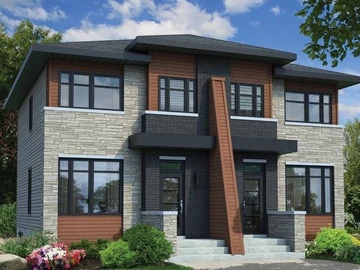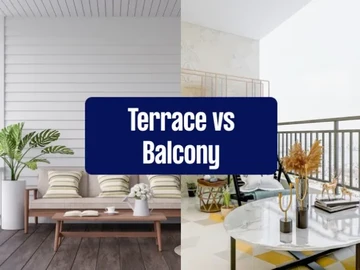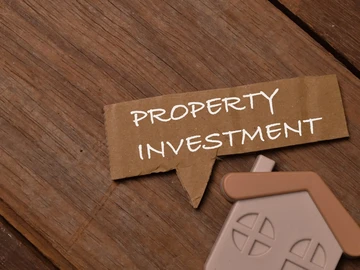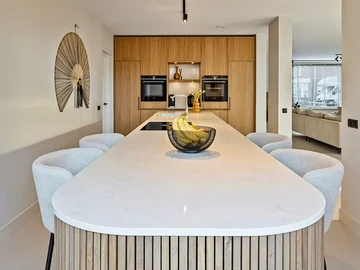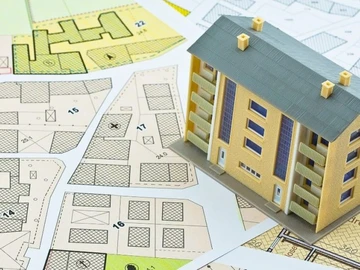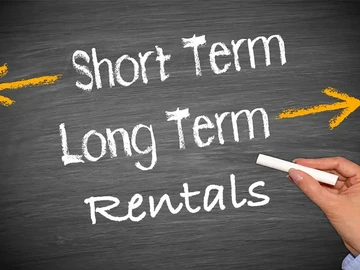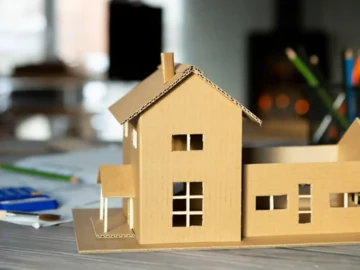Owning property in Zimbabwe whether it’s a stand in Ruwa, a townhouse in Harare, or an investment flat in Bulawayo is a major financial milestone. But with rising living costs, fluctuating exchange rates between USD and ZIG, and high mortgage interest rates, saving towards this dream can feel overwhelming.
The good news? With the right budgeting habits, even small, consistent savings can bring you closer to owning or upgrading your home. Here are five practical money-smart strategies to help Zimbabweans build their property fund no matter their income level.
1. Apply the 50/30/20 Rule to Your Budget
A proven way to manage your income wisely is by using the 50/30/20 rule:
- 50% for essential expenses such as food, rent, transport (including fuel or kombi fares), and utilities like ZESA and water.
- 30% for lifestyle wants – DSTV subscriptions, dining out, or weekend getaways.
- 20% strictly for savings – this could go towards your property deposit, building fund, or topping up a mortgage prepayment.
Even saving a small amount monthly can build up. For example, setting aside just USD 50 monthly could give you USD 600 in a year – enough for initial legal fees or valuation costs when purchasing property.
2. Turn Clutter into Cash
Most Zimbabwean homes have unused items gathering dust – old furniture, spare tyres, unused kitchen appliances, or even gently worn clothing. Selling these items via platforms like Classifieds.co.zw or Facebook Marketplace can quickly raise extra cash for your property fund.
A recent survey by Property.co.zw showed that 45% of first-time home buyers used personal savings from side hustles or second-hand sales to fund their deposits. Decluttering not only frees space but also turns forgotten assets into financial building blocks.
3. Monetise Your Talents
Zimbabweans are known for their creativity and hustle spirit. Why not tap into this by turning a skill into income? Whether it’s baking cakes, offering hairdressing services, tutoring school children, or digital freelancing on platforms like Upwork or Fiverr, an extra income stream can fast-track your property savings.
For example, making and selling beaded crafts or home décor items for just USD 50 a week can add up to USD 2,400 a year – enough to cover conveyancing fees or top up your house-building fund.
4. Track Your Spending Like a Pro
Many Zimbabweans lose money unknowingly on small, frequent expenses such as extra airtime purchases, impulse buys at supermarkets, or daily kombi fares that could be avoided with carpooling. Use simple tools like a notebook, Excel sheet, or apps such as Spendee or Monefy to monitor where every dollar goes.
Knowing your exact spending patterns allows you to identify wastage and redirect those funds towards your housing goals. Cutting back on a daily USD 2 coffee or fast food meal can save over USD 700 annually – enough for a small stand deposit in peri-urban areas like Norton or Ruwa.
5. Automate Your Savings
One of the easiest ways to save without thinking is by setting up automatic transfers from your main account to a separate USD savings account or Ecocash wallet the day after payday. When money is “out of sight,” it’s less likely to be spent impulsively.
This method ensures consistency in building your deposit, renovation, or construction fund. Some Zimbabwean banks now offer target savings accounts that reward disciplined saving with bonus interest or reduced fees.
Remember: Small Steps Lead to Big Property Wins
Achieving property ownership in Zimbabwe is a marathon, not a sprint. With property prices in Harare’s low-density suburbs averaging USD 80,000 for small homes and upwards of USD 20,000 for stands in emerging areas like Mt Hampden or Caledonia, disciplined saving is non-negotiable.
By adopting these budgeting habits and staying committed, you can confidently work towards purchasing your dream home, investing in rental property, or building your family house without overwhelming debt.
 Continue with Facebook
Continue with Facebook
 Continue with Email
Continue with Email







